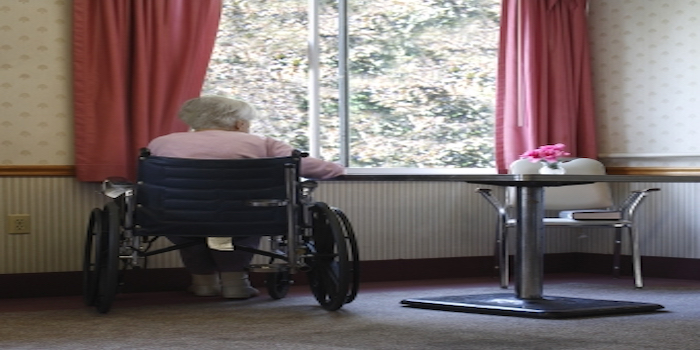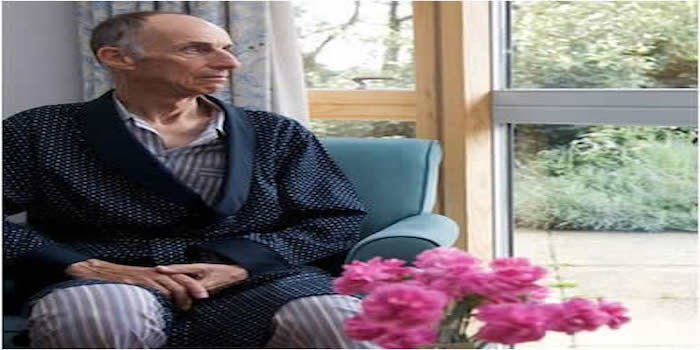Long-term Care of People with Dementia course for GPs



This session looks at the broader aspects of providing long term care for people with dementia, including issues concerning non-cognitive symptoms, how people with dementia may also develop problems with swallowing and end of life care.
This session was reviewed by Khyati Bakhai and Sarah Jane Smith and last updated in April 2020.
Learning Objectives
By the end of this session you will be able to:
- Recognise and address non-cognitive aspects to dementia
- Understand the causes of swallowing problems in dementia and be aware of management issues
- Be aware of both pharmacological and non-pharmacological management of the non-cognitive aspects to dementia
- Describe the issues particular to dementia in end of life care and some of the issues relating to carers of people with dementia
As dementia progresses, problems other than cognition may manifest themselves and are often termed ‘non-cognitive symptoms’. It is important to understand the underlying causes of these symptoms in order to provide appropriate pharmacological or non-pharmacological treatment for these symptoms.

Before commencing this session you should complete sessions:
- Detecting Dementia in Primary Care (400-0117)
- Assessing Mental Capacity in Older People (783-002)
Dr Emma Vardy is an NIHR clinical lecturer in elderly medicine working in the North West of England.
She has trained as a registrar in elderly medicine and completed a PhD on the subject of Alzheimer’s disease.
Her current role enables her to combine completion of her training in elderly medicine, experience in the diagnosis of dementia (working on the cerebral function unit at Salford Royal hospital) and continuation of her research interest in dementia.


Louise Robinson is a GP and Professor of Primary Care and Ageing at Newcastle University. Her research programme is centred on Primary Care: Ageing and Older People’s Wellbeing, especially those living with dementia.
Louise is currently the Royal College of General Practitioners National Clinical Champion for Ageing and Older People and also leads the Primary Care Clinical Studies Group of the Dementia and Neurodegenerative Diseases Research Network (DeNDRoN).
She has published over 50 peer reviewed articles and co-authored the chapter on mental health for older people in primary care for the Oxford Textbook of Old Age Psychiatry.
- The Returning Traveller course for GPs
- Posted By eIntegrity Healthcare e-Learning
- Posted Date: 2025-02-22
- Location:Online
- This session is the third in a series of sessions about travel advice for patients and provides a br...
- Malaria course for GPs
- Posted By eIntegrity Healthcare e-Learning
- Posted Date: 2025-02-22
- Location:Online
- This session will help GPs to provide balanced, safe and sensible advice to patients travelling to m...
- Pre-Travel Advice course for GPs
- Posted By eIntegrity Healthcare e-Learning
- Posted Date: 2025-02-22
- Location:Online
- This session is the first in a series of sessions about travel advice for patients and provides a br...
- Guiding and Enabling Behaviour Change course for G...
- Posted By eIntegrity Healthcare e-Learning
- Posted Date: 2025-02-22
- Location:Online
- This session aims to equip you with the knowledge and understanding of how to take a guiding and col...
- Managing Obesity: Supporting Behaviour Change cour...
- Posted By eIntegrity Healthcare e-Learning
- Posted Date: 2025-02-22
- Location:Online
- This session looks at the type of support and services that can be offered for both children and adu...






